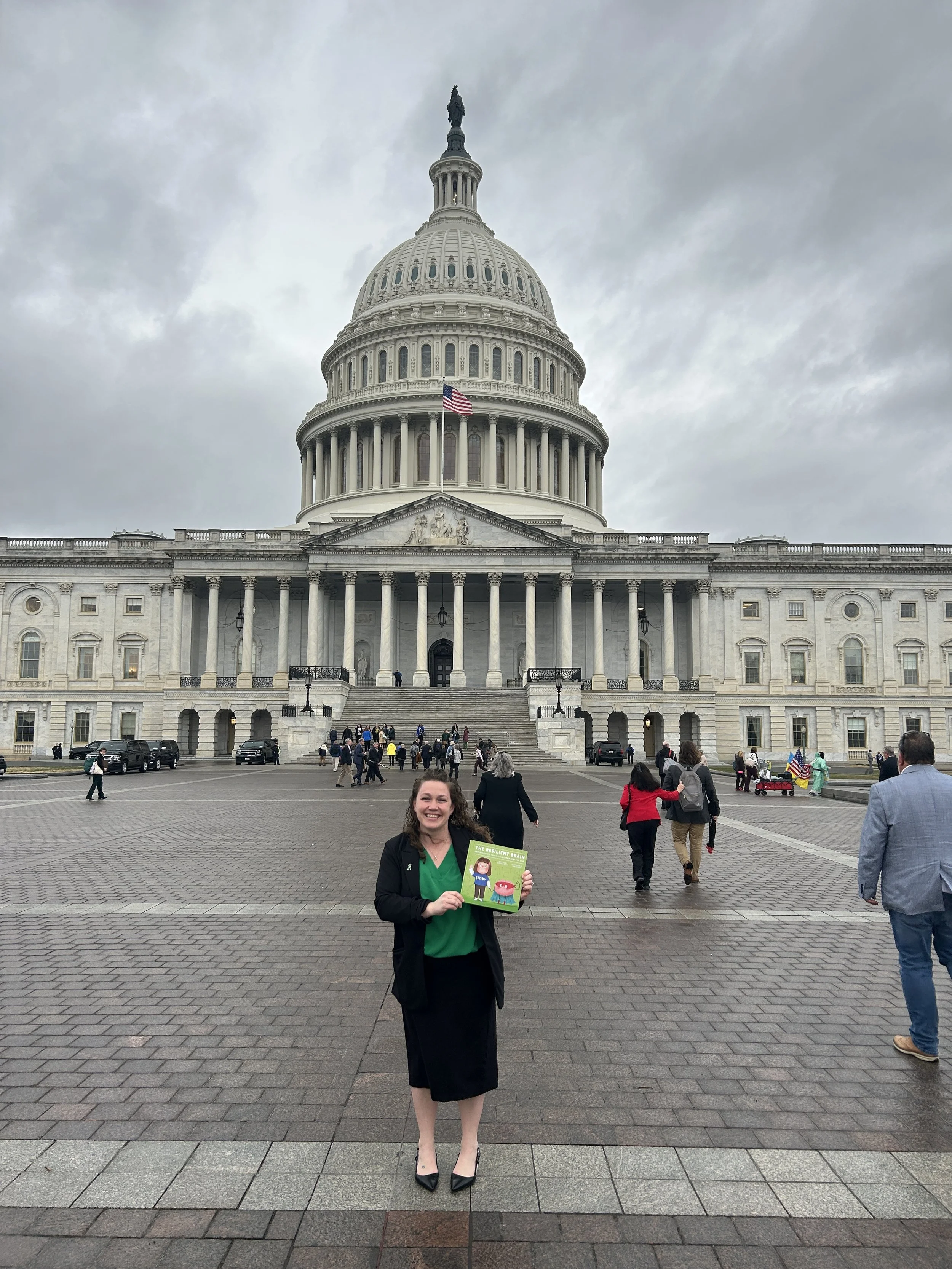The power of your voice
It was 2010, and I was checking out at the Carson Pirie Scott shoe section when I noticed a tall man pacing back and forth. His occasional loud outbursts and exaggerated movements escalated into a woman being rude —at another woman—about this man. I quickly gathered that he was the son of the woman being scolded, and he was clearly dysregulated in an overstimulating environment.
All eyes were on them, but to me, it didn’t seem unusual. As a special education teacher, I’ve encountered situations like this many times. However, to the woman who was either ignorant or simply lacked empathy, she felt entitled to berate this mother—criticizing her for not "controlling him" and complaining about the "disruption" he was causing.
I stood there, stunned by the audacity of her words. I offered to help the mother with her son so she could finish her shopping, explaining that I was pursuing a career in special education and had experience in these situations. But she quickly left the cashier in tears, and walked out of the store.
When I got to the cashier, I shook my head and asked, "Was that really necessary? Embarrassing that woman like that?" She looked at me like I had four heads. I told her I no longer wanted the shoes and left.
That moment changed me—not just as an educator, but as a person. It made me realize the power of words, the importance of awareness, and the responsibility we all have to speak up for those who may not have a voice.
Full Circle
Fast forward 15 years to March 2025, and I found myself standing on the steps of the Capitol Building in Washington, D.C., alongside the Brain Injury Association of America. It was powerful and emotional to be surrounded by 400+ people who have navigated the difficult and often invisible journey of brain injury. We were all there for a common cause—advocating, raising awareness, and fighting for those affected by TBIs to receive the support they need.
I never imagined the ripple effects my husband’s traumatic brain injury (TBI) nearly five years ago would have on our lives. I never thought I’d become an author or envisioned myself speaking to Congress members about the critical need for education, funding, and research. Instead of just using my advocacy for my career, it’s personal now too.
Using your voice can be scary. Trust me—politics is far from my comfort zone. But I walked away from that experience feeling empowered.
“How wonderful it is that nobody need wait a single moment before starting to improve the world.” —Anne Frank
What Are You Waiting For?
Have the conversation. Learn something new. Listen first. Be open to growth. And most importantly—never doubt the power of your voice, no matter the size of your audience.
Here’s to not only honoring but celebrating the warriors who navigate this invisible injury everyday— their loved ones and families who rally alongside them, and building awareness this month for Brain Injury Awareness Month!
Want to learn more about brain injuries and the latest updates? Read below!
5 *New and Updated* Brain Injury Facts You Should Know:
At least 64 million adults report having experienced at least one traumatic brain injury (TBI) in their lifetime.
The BIAA has released a new fact sheet with important statistics and information about brain injuries.
A recent public opinion survey by BIAA reveals that most Americans lack critical knowledge about brain injuries, their causes, and long-term effects. See the results here.
Brain injuries are now officially recognized as a chronic condition.
In 2024, federal funding for TBI research was an estimated $194 million– that’s just $3.03 per person affected by TBI.



